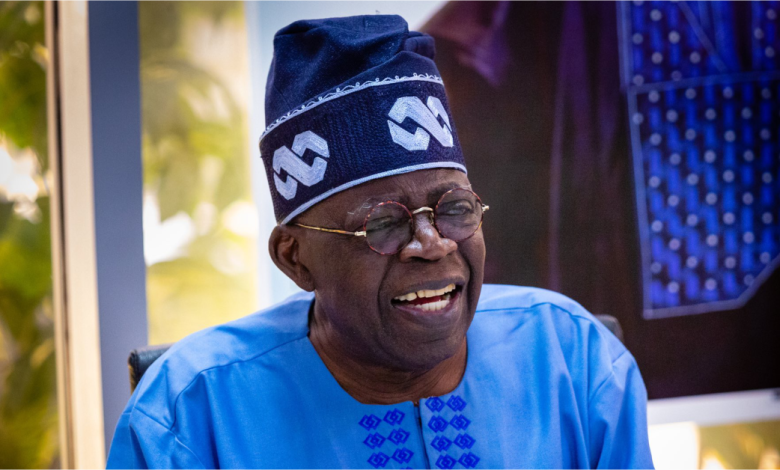TINUBU GOVERNMENT EXCLUDES SOUTH-EAST INSTITUTIONS FROM STUDENT LOAN DISBURSEMENT
The Nigerian government led by President Bola Tinubu has been criticized for excluding tertiary institutions in the South-East from the initial list of beneficiaries in the Nigerian Education Loan Fund (NELFUND) disbursement.
According to a report by People’s Gazette, over N2.9 billion has been allocated and distributed as loans for tuition fees to over 27,000 students across 19 higher education institutions in Nigeria. However, none of these institutions are located in the South-East, while at least one institution from each of the other five geopolitical zones is included.
The NELFUND spokesperson, Nasir Ayitogo, denied that the distribution of funds was influenced by geopolitical zones considerations. He explained that only institutions that responded to NELFUND’s verification lists were included in the disbursement.
However, the exclusion of the South-East region has fueled ongoing criticisms of the All Progressives Congress (APC) government, which has been accused of consistently neglecting the region in political and administrative matters since the party assumed the presidency in 2015.
The Nigerian Education Loan Fund (NELFUND) was established to provide accessible financial aid to students who struggle to afford the rising costs of tuition and related expenses. The fund has been touted as a significant initiative by the Tinubu government to support underprivileged students in pursuing higher education.
However, the exclusion of South-East institutions from the initial disbursement has raised concerns about the government’s commitment to inclusivity and equity in its policies. Critics argue that the exclusion of the region is a clear indication of the government’s bias and neglect of the South-East.
The Senate President, Godswill Akpabio, had earlier announced that at least 30,000 students from various tertiary institutions across the country would benefit from the NELFUND. However, the exclusion of South-East institutions from the initial disbursement has cast a shadow on the government’s claims of inclusivity and equity.



